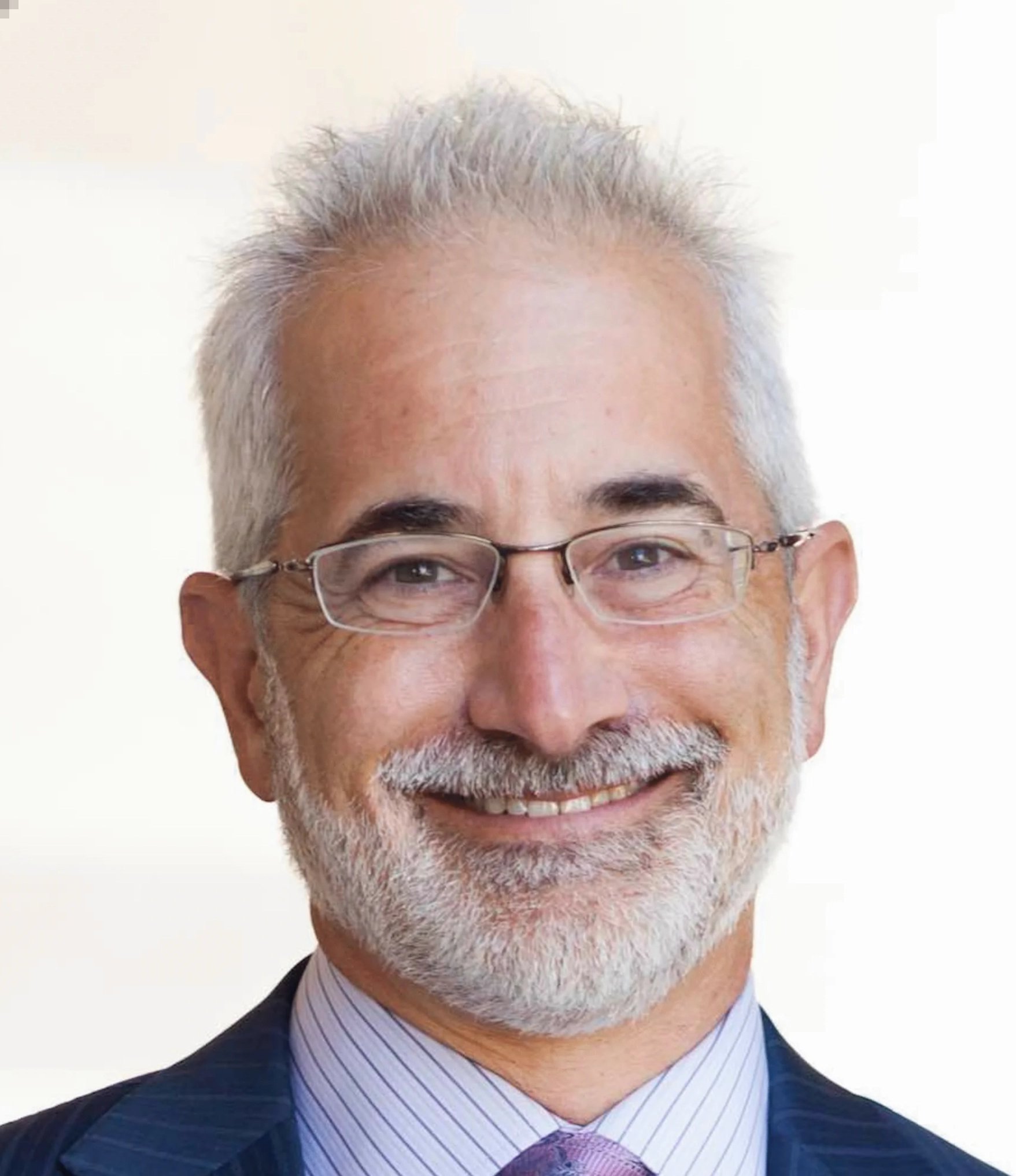Webinar:
Zero Trust: Accelerating the Development of Healthcare AI
Speakers

Michael Blum, MD
Chief Digital Transformation Officer, Founder of UCSF Center for Digital Health Innovation


Richard Searle
Senior Security Architect
and Customer Solutions Director

Bob Rogers
Expert in Residence for AI


Paul King
Security & Trust Advisor for BeeKeeperAI
Generalizable healthcare AI (artificial intelligence) is capable of consistently performing regardless of any bias including race, equipment, provider, or clinical setting. Achieving generalizability requires access to highly diverse data sets typically found only across multiple institutions. Timely access to data is proving to be one of the most significant barriers to delivering on the promise of AI in healthcare.
However, with the advent of confidential computing and privacy preserving analytics, there is an opportunity to leverage zero trust environments in which the technology enables a data owner and algorithm owner to work together in ways that require neither party to trust the other to protect their data or their intellectual property.
Despite stringent security policies and procedures, academic medical centers face real risk when making their data available for algorithm validation. Likewise, algorithm developers must carefully guard the intellectual property of their models. So how can a “zero trust” environment be leveraged — assets be kept safe and secure — in order to accelerate generalizable healthcare AI?
WHAT WILL YOU LEARN
-
1Summarize the barriers to securing access to protected health data in the current environment.
-
2Explore the zero trust concept in this setting
-
3Share how a zero trust environment can help to address the current barriers.
-
4Examine the key components of creating a trust framework
-
5Explore the challenges to market adoption of zero trust environments for healthcare AI develop
The webinar will take place live on Thursday, April 29th, 2021 at 9:00 AM PST / 5:00 PM BST / 6:00 PM CET and will be recorded for on-demand viewing. If you would like to attend live or received a link to the recording after the event, please register now.
